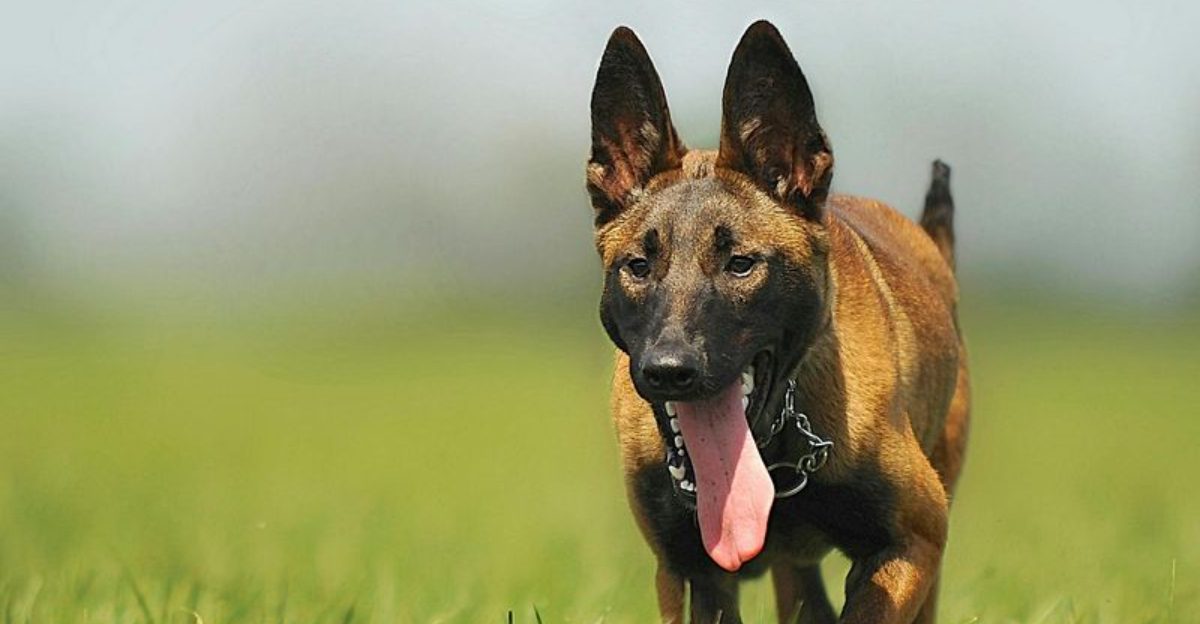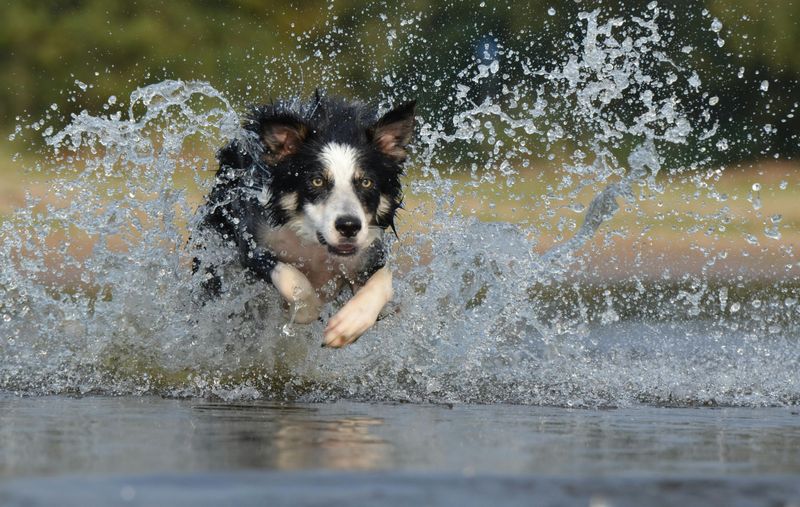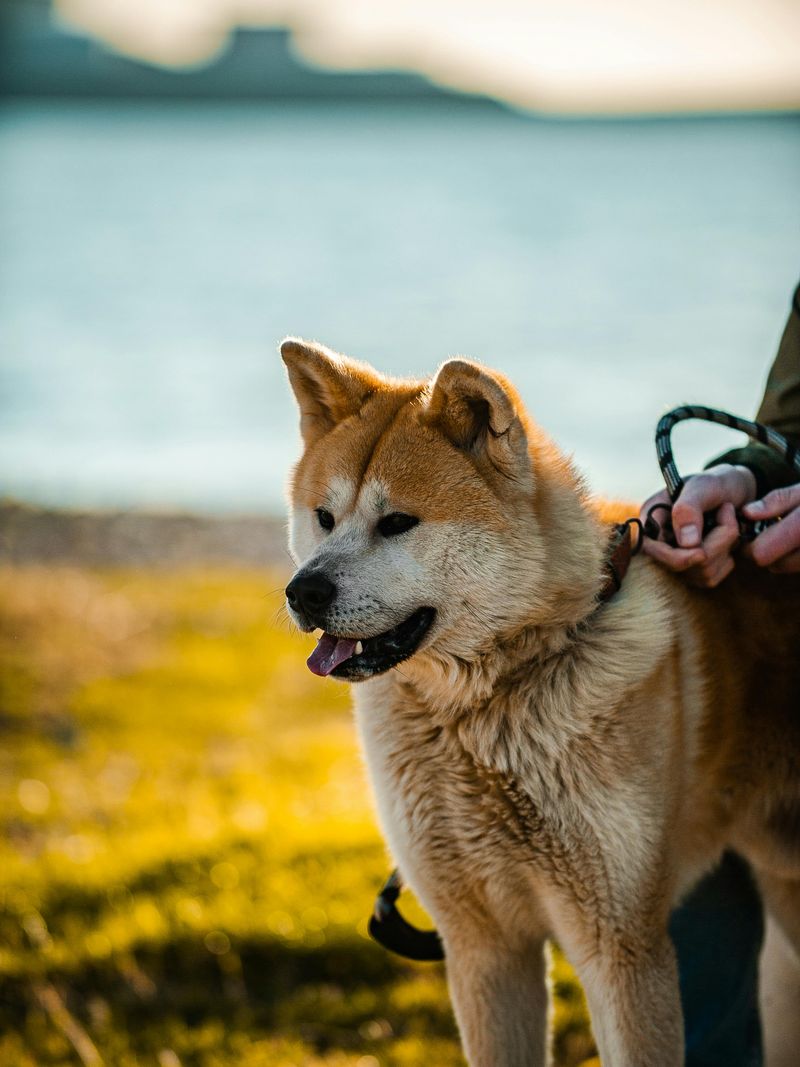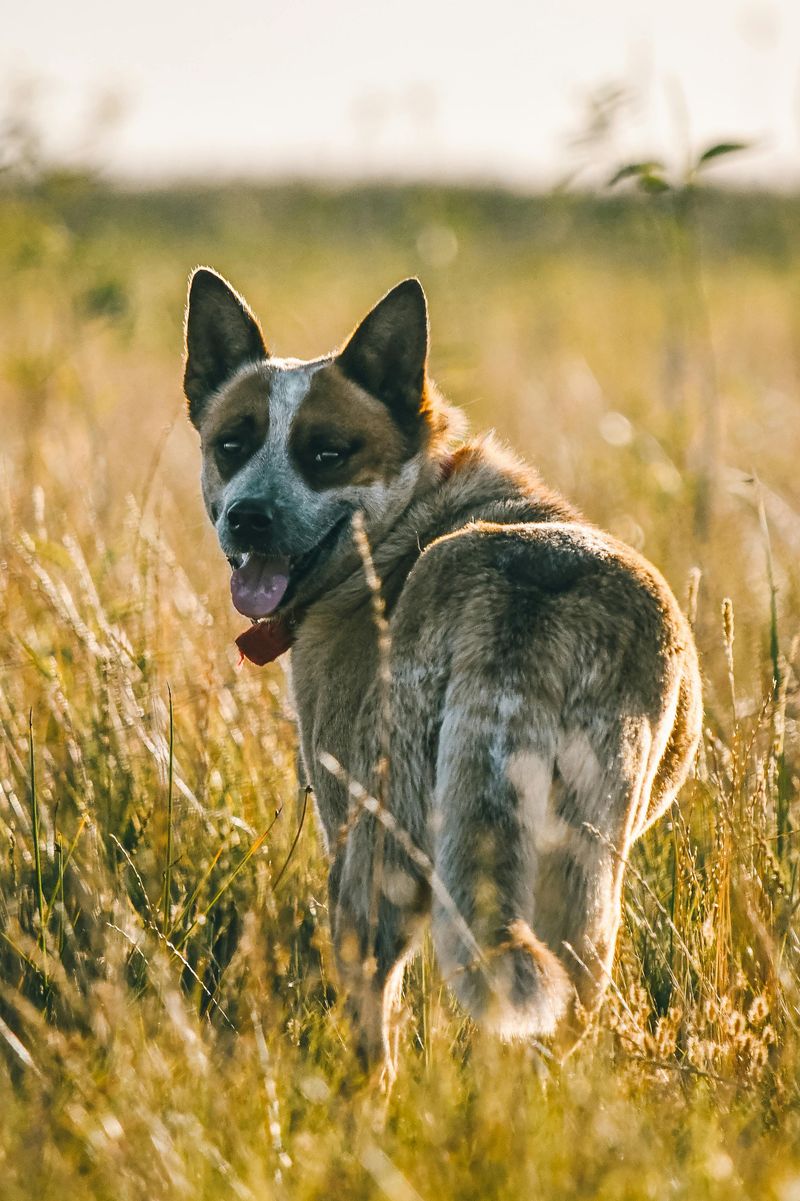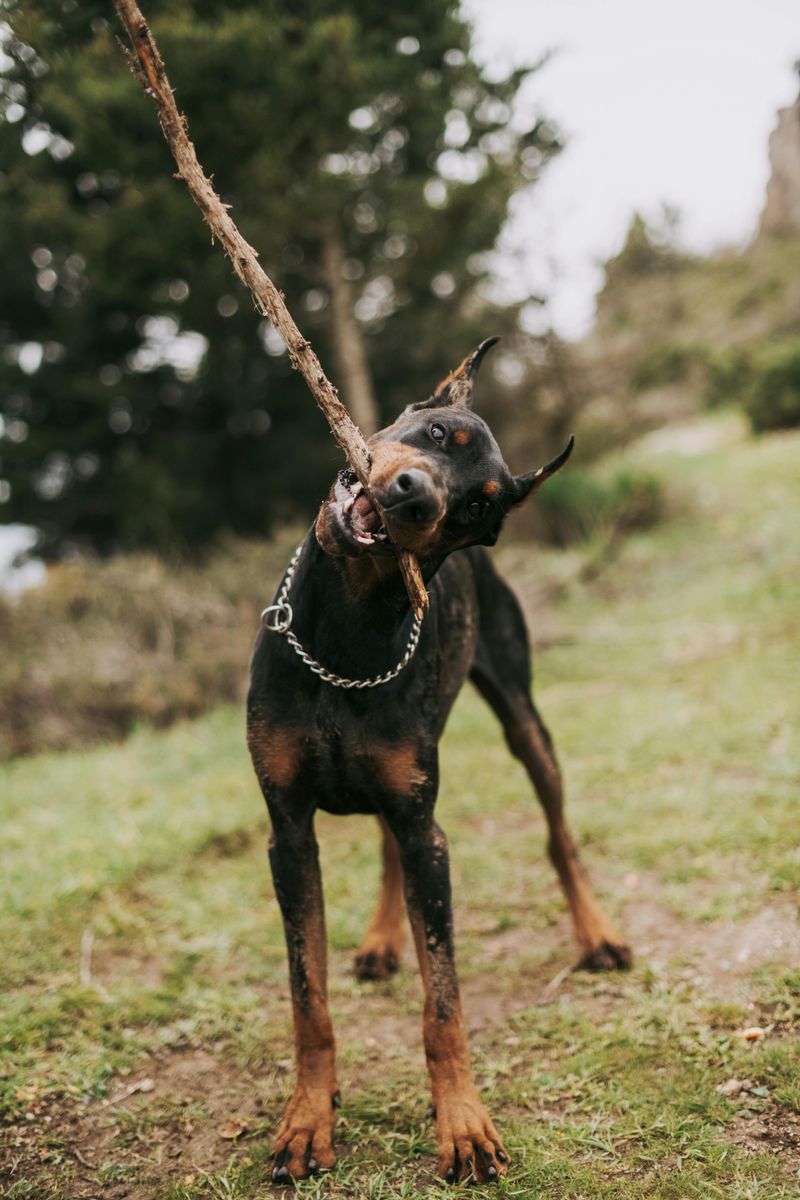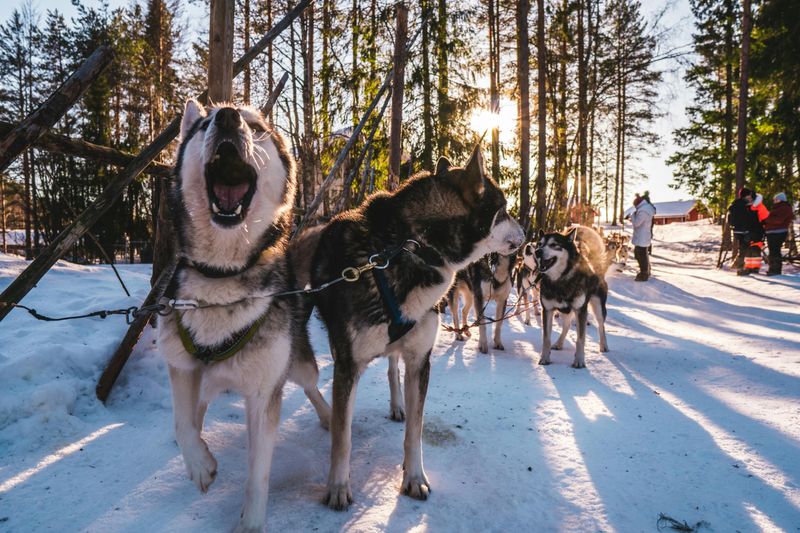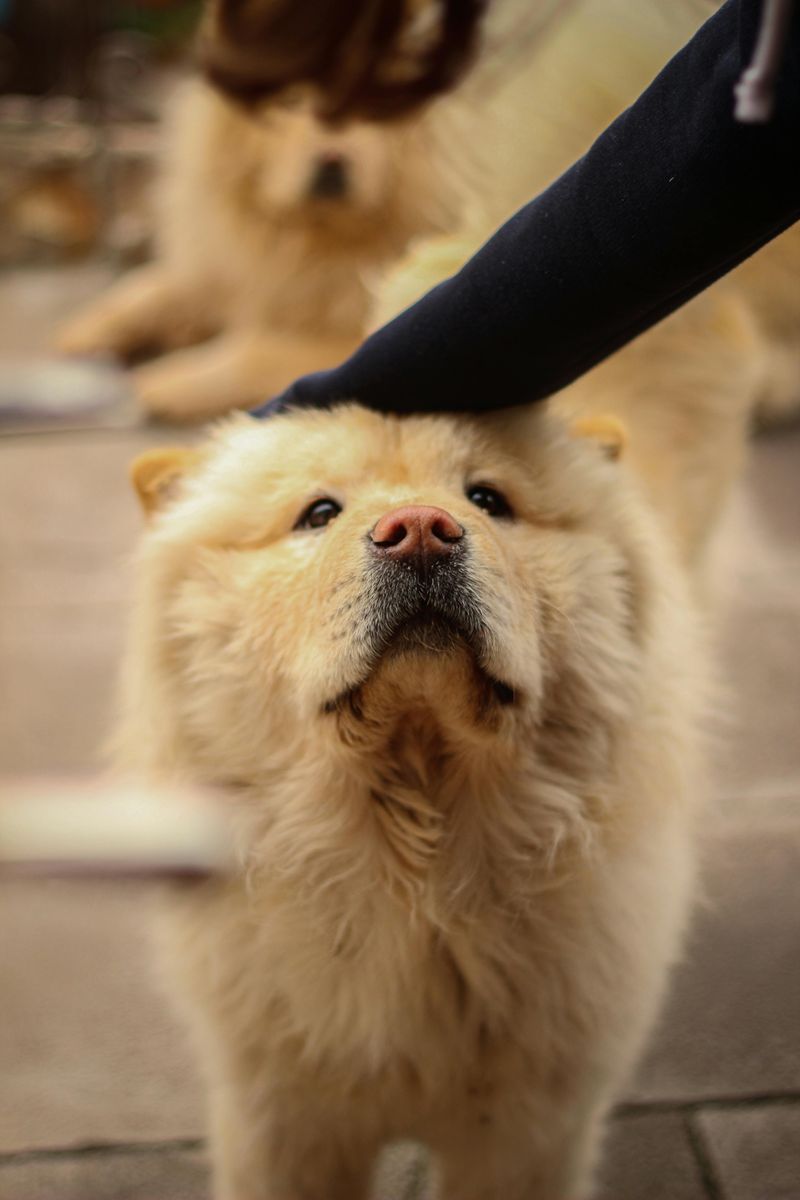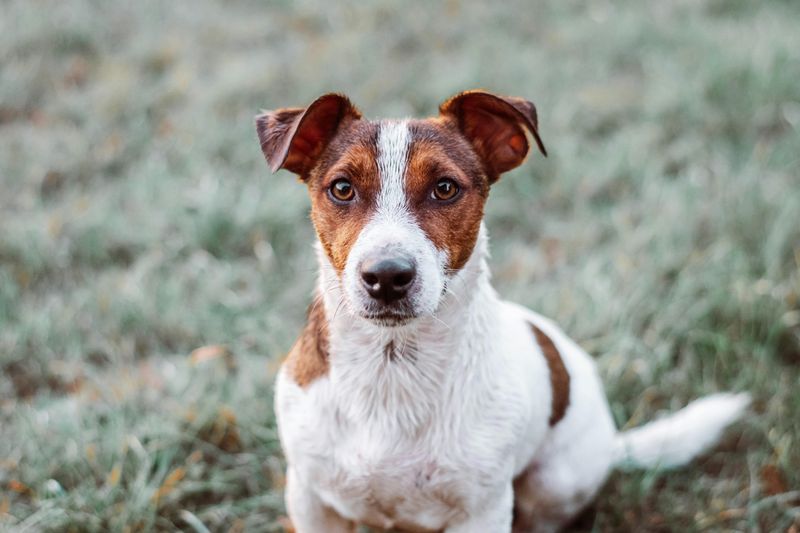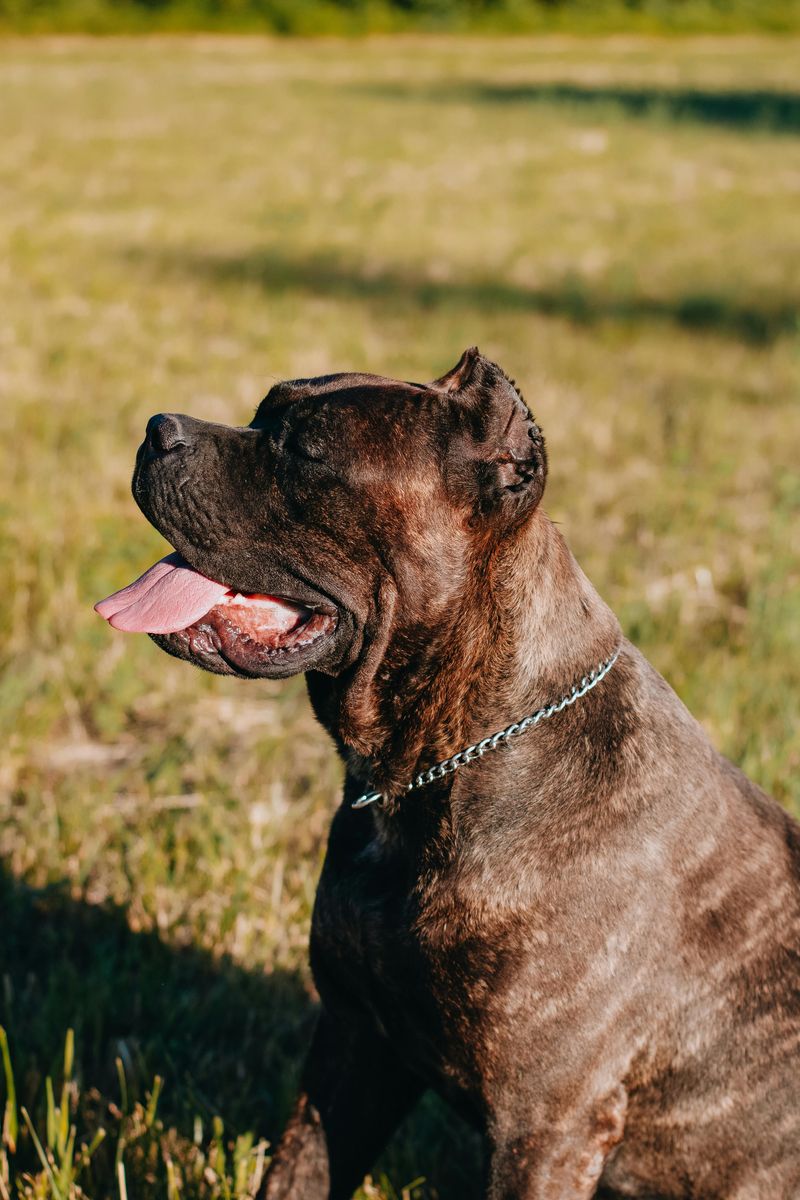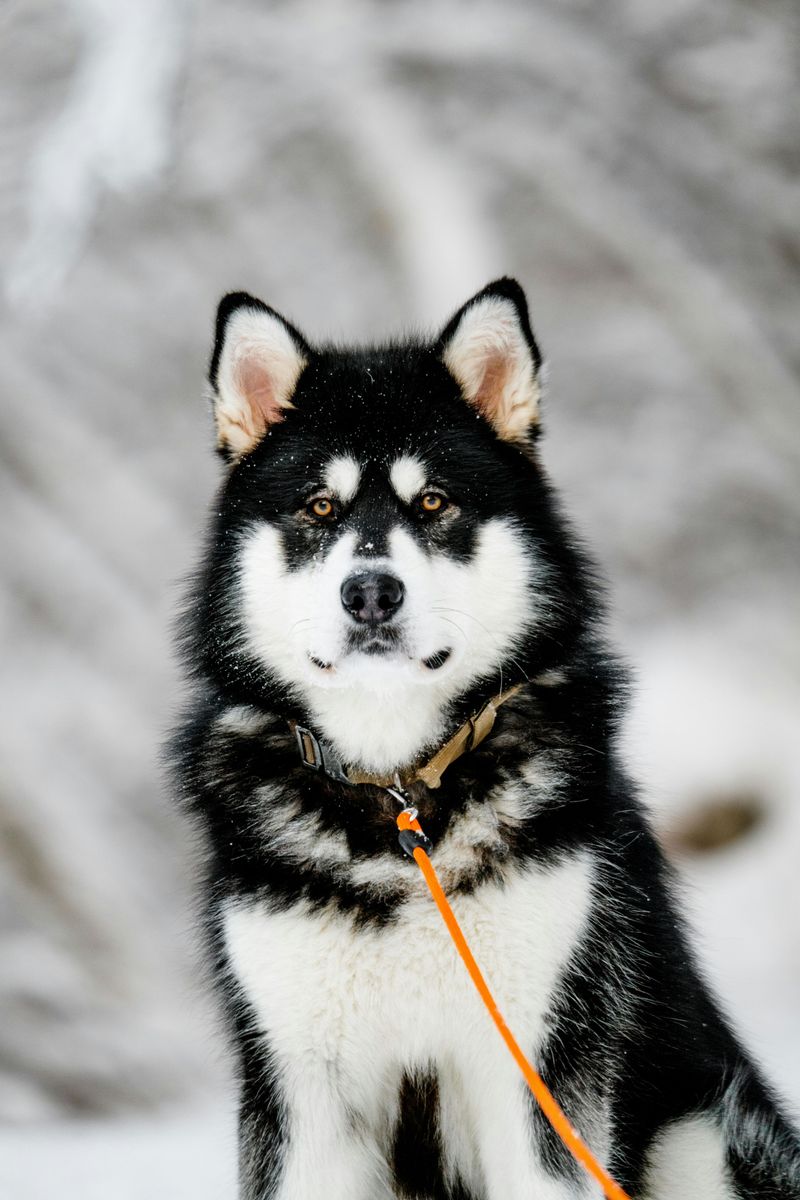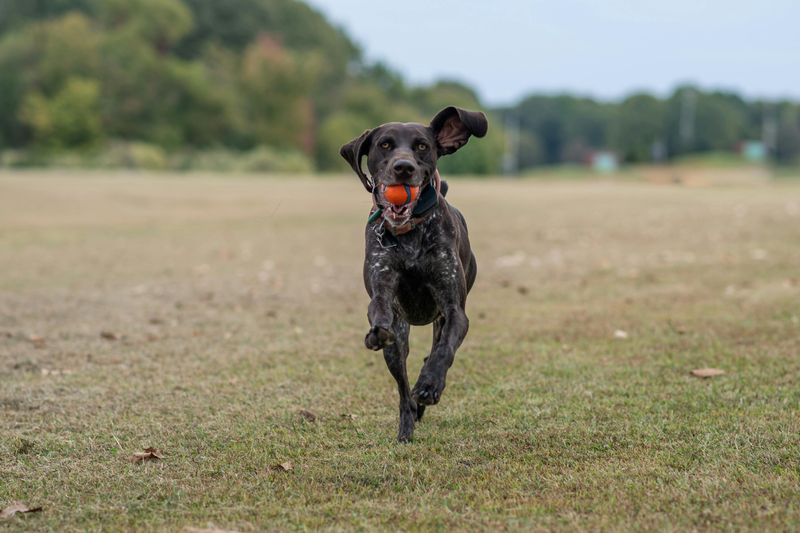Some dogs are wonderful companions but demand more experience, time, and structure than many families with kids can realistically provide. Energy levels, guarding tendencies, or intense training needs can create daily friction in a busy household. Choosing the wrong fit risks stress for everyone—especially the dog. Before you fall for a cute face, learn which breeds commonly challenge even well-meaning families and why.
Border Collie
Border Collies are brilliant and intense, bred to work livestock all day. Their mental engine runs nonstop, needing complex tasks, agility, or herding simulations to stay balanced. Boredom often leads to nipping, chasing, or herding children, especially during high-energy play. They notice every movement and sound, which can overwhelm a noisy household. Families often underestimate their need for enrichment beyond fetch. While affectionate, they can become neurotic without jobs, developing compulsive behaviors. Training must challenge their minds with precision and variety. For busy families seeking an easygoing pet, a Border Collie’s demands can quickly outpace available time and patience.
Akita
Akitas are powerful, dignified guardians with independent minds and strong protective instincts. Their aloof nature and tendency to be same-sex aggressive require experienced management and careful socialization. While devoted to family, they may not tolerate rough handling or chaotic play from children. Training must be firm, fair, and consistent, with clear boundaries. They are large, strong dogs that can unintentionally knock over small kids. Akitas also carry a high prey drive and can be territorial with visiting friends. Grooming needs are significant due to seasonal shedding. For families wanting a tolerant, social butterfly, this breed’s intensity may feel overwhelming.
Australian Cattle Dog
Australian Cattle Dogs are tough, tireless herders bred to control livestock with heel nips and fearless drive. In family homes, that same instinct can target running kids, leading to nipping behaviors without proper outlets. They need demanding daily exercise and jobs like obedience, herding trials, or scent work. Mental stimulation is essential to prevent destructiveness and reactivity. This breed can be wary of strangers and may guard resources. Training must be consistent and firm to channel intensity productively. While loyal and intelligent, their hardwired work ethic often clashes with busy households. Inadequate engagement can result in frustration for both dog and family.
Doberman Pinscher
Dobermans are brilliant, athletic guardians who bond intensely with their people. They require daily training, structured exercise, and vigilant socialization to remain confident and well-mannered. Their protective nature and sensitivity to environmental stressors can be challenging in hectic households. Inconsistent rules or chaotic routines often produce anxiety and pushy behavior. They are large, fast, and strong—accidental collisions with small children are possible. Some lines are prone to reactivity without steady leadership. While affectionate, Dobermans need experienced handlers who read body language and invest in impulse control. Families lacking time for ongoing training may find their needs exceed expectations.
Belgian Malinois
The Belgian Malinois is an elite working breed known for drive, intensity, and relentless energy. Bred for military and police tasks, they crave purpose and structured training far beyond casual walks. Without heavy daily engagement, they can develop anxiety, destructive behaviors, or pushy herding instincts toward kids. Their sharp minds exploit inconsistency, making novice households struggle with boundaries. While fiercely loyal, they can be suspicious of strangers and require confident handling to manage protective instincts. Agility, scent work, and advanced obedience are essential outlets. For families with limited time or training experience, the Malinois can overwhelm routines and create safety challenges.
Siberian Husky
Siberian Huskies are charismatic escape artists with boundless stamina. Bred to run, they require extensive exercise and secure fencing; otherwise, they’ll roam. Their independent, sometimes stubborn temperament challenges first-time owners. High prey drive can conflict with small pets, and vocalization may disturb neighbors. Huskies are social yet not always eager to please, demanding creative training and consistency. Shedding is extreme, requiring frequent grooming. Apartment living with limited outdoor activity often leads to frustration and mischief. Cute looks mask serious management needs. For families with chaotic schedules, providing adequate mental and physical outlets can be an exhausting daily commitment.
Chow Chow
Chow Chows are independent, cat-like dogs with strong guarding tendencies and aloof dispositions. They often prefer predictability and may dislike rough play or intrusive handling from children. Early, careful socialization is crucial, as they can be wary of strangers and protective of property. Their dense coat demands serious grooming, and heat sensitivity requires climate management. Training can be challenging due to stubbornness; positive, patient methods are vital. They are not a go-with-the-flow breed and may react poorly to chaotic environments. With clear boundaries and calm households they thrive, but typical kid-centric noise and unpredictability can create tension and risk.
Weimaraner
Weimaraners are athletic, velcro-like hunting dogs with intense energy and separation sensitivity. They crave constant companionship and vigorous exercise, often struggling when left alone during school and work hours. Without significant outlets—running, field work, or advanced obedience—they can become destructive or anxious. Their size and exuberance can collide with small kids’ safety. Weims are clever and persistent, testing boundaries if training lapses. Prey drive is common, requiring management around small pets. They excel with active, outdoorsy owners who train daily. In a typical busy family, meeting their mental and physical needs can feel like a second job, causing stress for everyone.
Jack Russell Terrier
Jack Russell Terriers are explosive bundles of energy built for relentless work underground. Their prey drive and need to dig, chase, and bark can overwhelm busy families seeking a calm companion. Without structured activities like scent games, flyball, or terrier trials, they quickly become destructive or noisy. They’re whip-smart and will outmaneuver inconsistent training. Rough handling from young children may provoke defensive reactions. Fencing must be secure—escape artistry is common. While affectionate and entertaining, they require more time, patience, and enrichment than many households expect. A bored Jack Russell can turn daily life into a never-ending sprint of management.
Rottweiler
Rottweilers are powerful guardians with deep loyalty and natural protectiveness. They need careful socialization, steady leadership, and ongoing training to remain confident and safe. Inexperienced handling or inconsistent rules can result in pushy behavior or resource guarding. Their size and strength require adults who can manage them physically and read canine signals. While many are gentle with kids, boisterous play or visiting friends can trigger guarding instincts. Adequate exercise and mental work are essential to prevent boredom. Prospective families should prioritize temperament-tested lines and professional guidance. Without structure, this breed’s potential becomes difficult to harness in a hectic home.
Shar-Pei
Shar-Peis are independent, somewhat aloof dogs with a serious demeanor and potential for dog aggression. Their wrinkled skin requires attentive care, and they can be prone to allergies and skin issues—adding maintenance demands. They bond strongly but may not appreciate rough, unpredictable kid interactions. Early socialization is crucial to avoid reactivity toward strangers. Training needs patience and calm consistency; they don’t respond well to harsh methods. Moderate exercise suffices, but mental engagement is vital. In busy, noisy homes, their preference for routine and personal space can clash with children’s energy. For many families, a more tolerant, social breed is easier.
Cane Corso
The Cane Corso is a formidable mastiff bred to guard property and work closely with skilled handlers. They require disciplined training, thorough socialization, and clear household structure. Protective instincts can escalate without experienced guidance, especially around visiting children and unfamiliar adults. Their strength and size necessitate confident, physically capable owners. Daily mental work—obedience, tracking, controlled protection sports—is essential. A bored Corso can be destructive and pushy. While affectionate with family, they often do poorly in chaotic environments. For households lacking time for professional training and strict boundaries, this breed’s intensity and power present substantial management challenges and potential liability.
Alaskan Malamute
Alaskan Malamutes are powerful sled dogs built for endurance and teamwork, not novice households. They shed profusely, vocalize, and possess a strong prey drive, which complicates life with small pets. Exercise needs are high, and heat management is crucial. Their independence can feel stubborn, demanding patient, positive training. They are often exuberant and physically strong, which can overwhelm small children. Without structured outlets like weight pulls or backpacking, they become restless and destructive. Secure fencing is a must, as roaming tendencies are common. Families seeking an easygoing companion may find a Malamute’s daily requirements heavy and difficult to sustain.
German Shorthaired Pointer
German Shorthaired Pointers are high-octane hunting athletes with restless minds and bodies. They need serious daily exercise—running, field work, or advanced sports—to maintain balance. In under-stimulated homes, they bounce off walls, counter-surf, and invent chaos. Their exuberance can bowl over toddlers, and prey drive may target small pets. Training must be structured and consistent; they are intelligent enough to exploit lapses. Separation sensitivity can develop if they lack engagement. While affectionate and eager, they are not suited to sedentary families. Without a plan for sustained physical and mental outlets, a GSP’s intensity can rapidly turn family life upside down.
